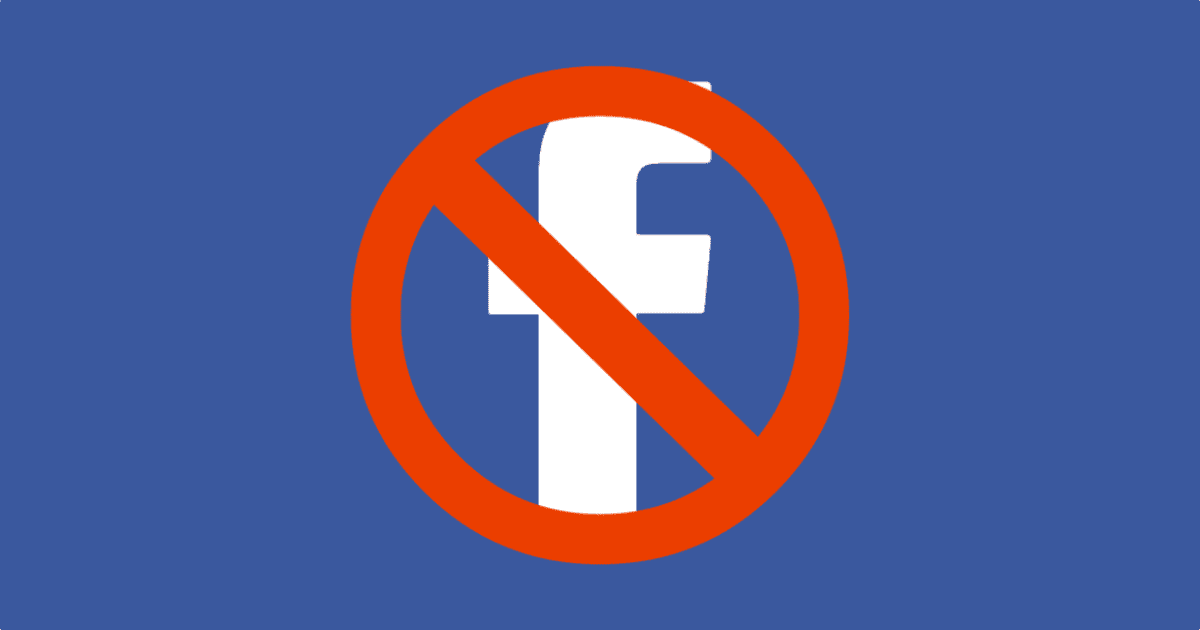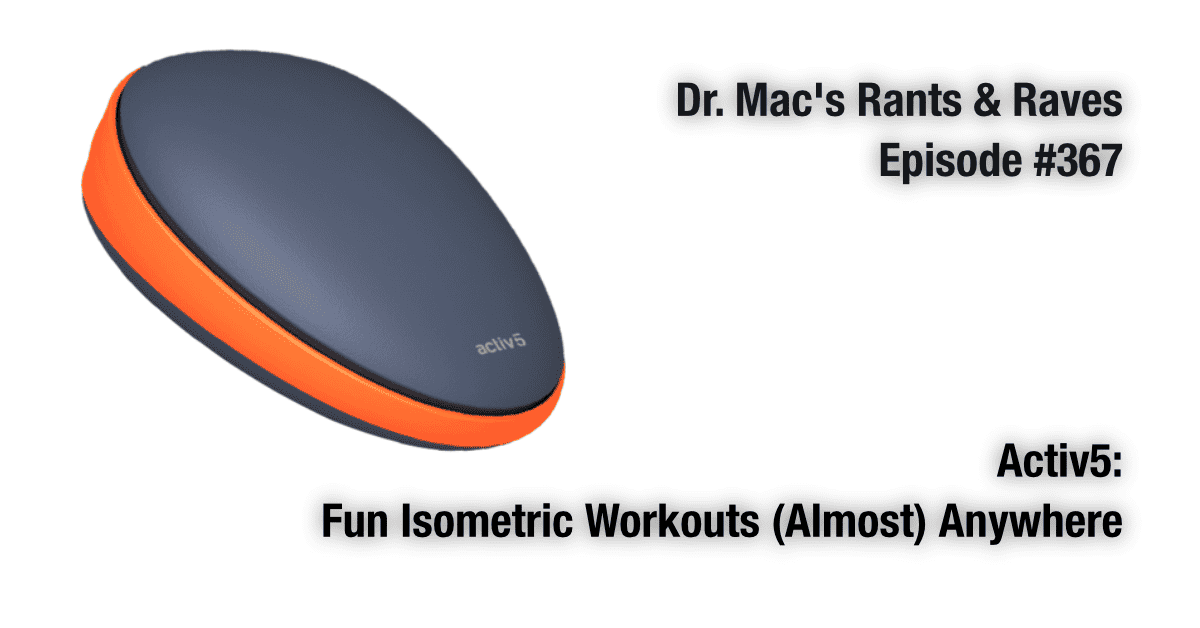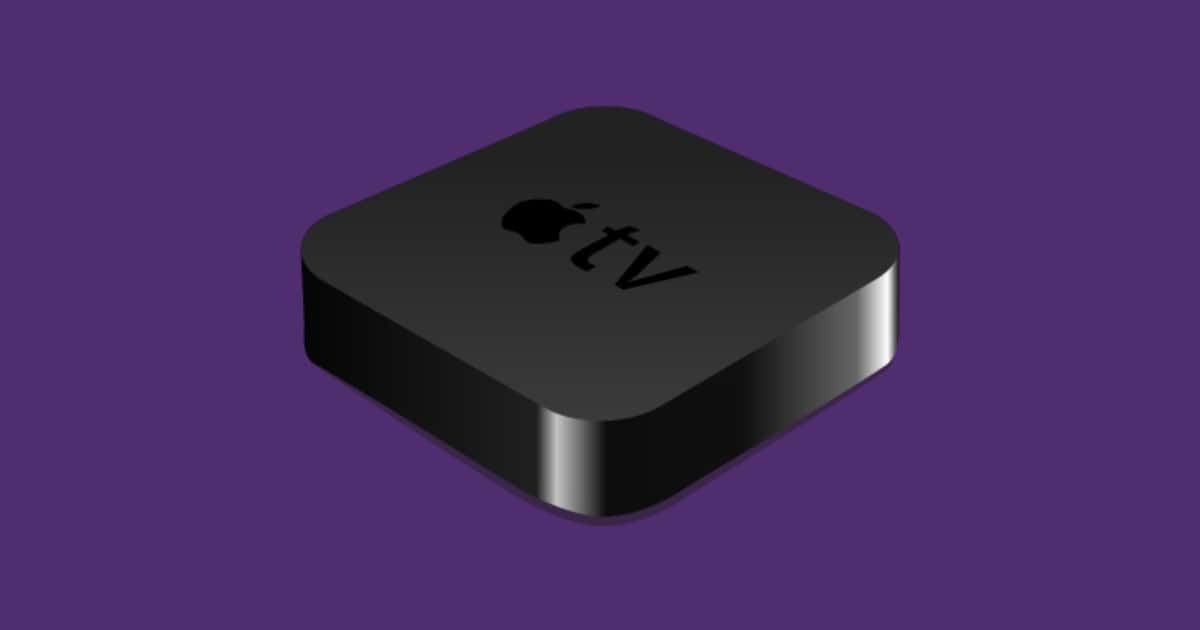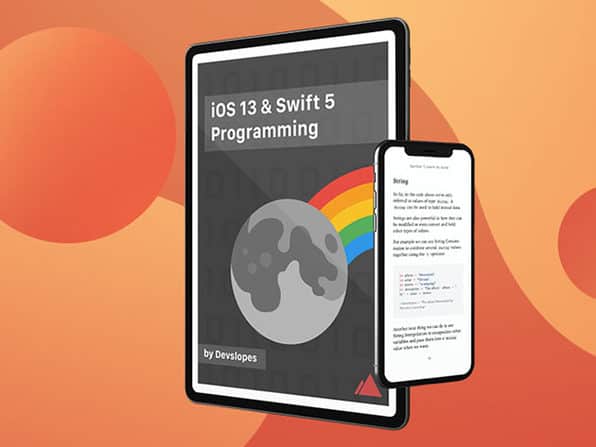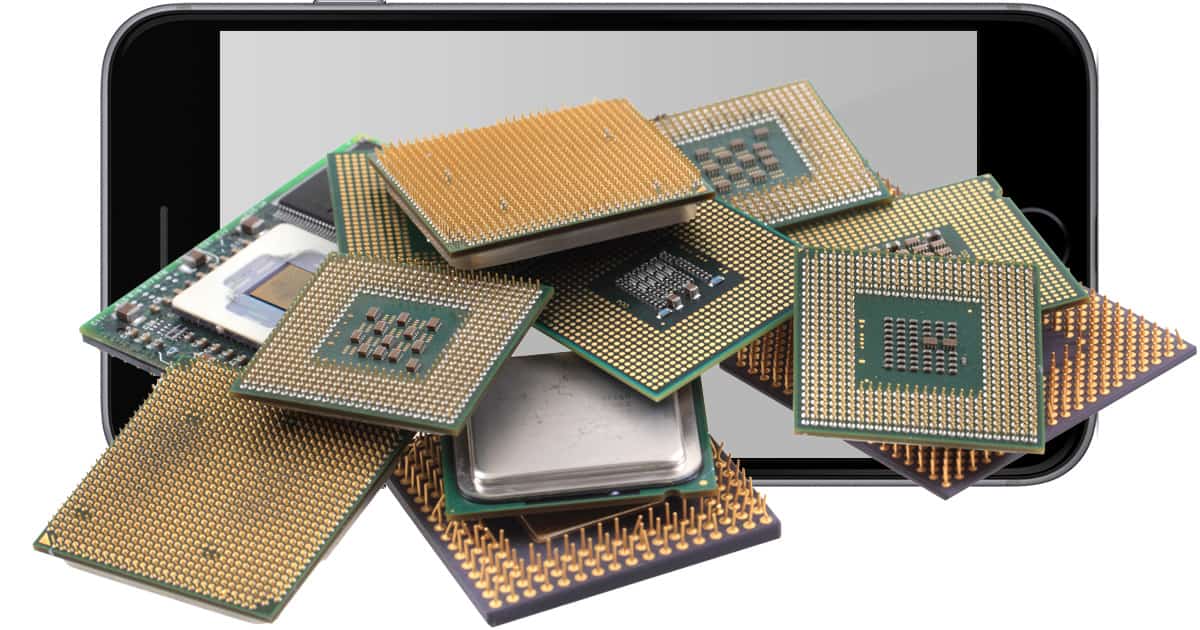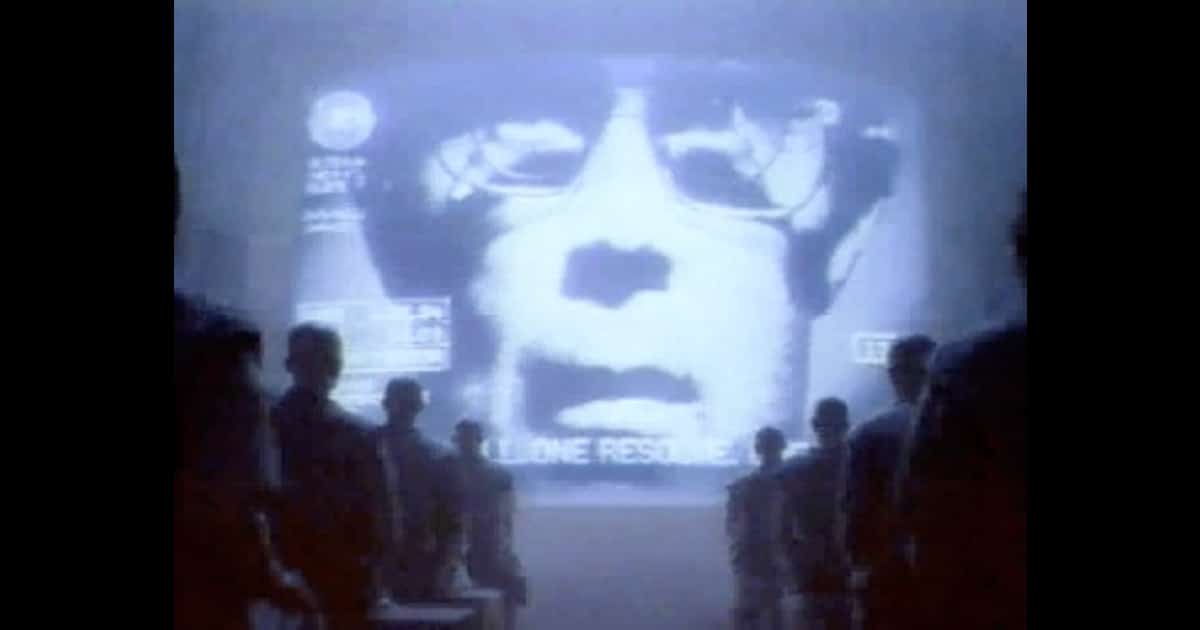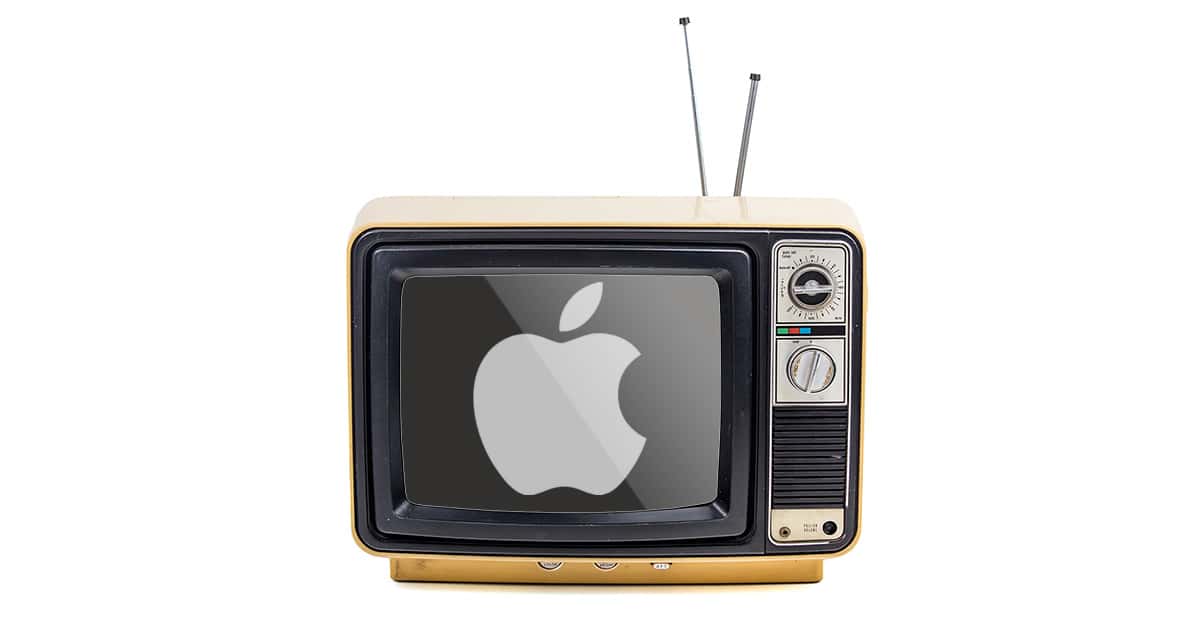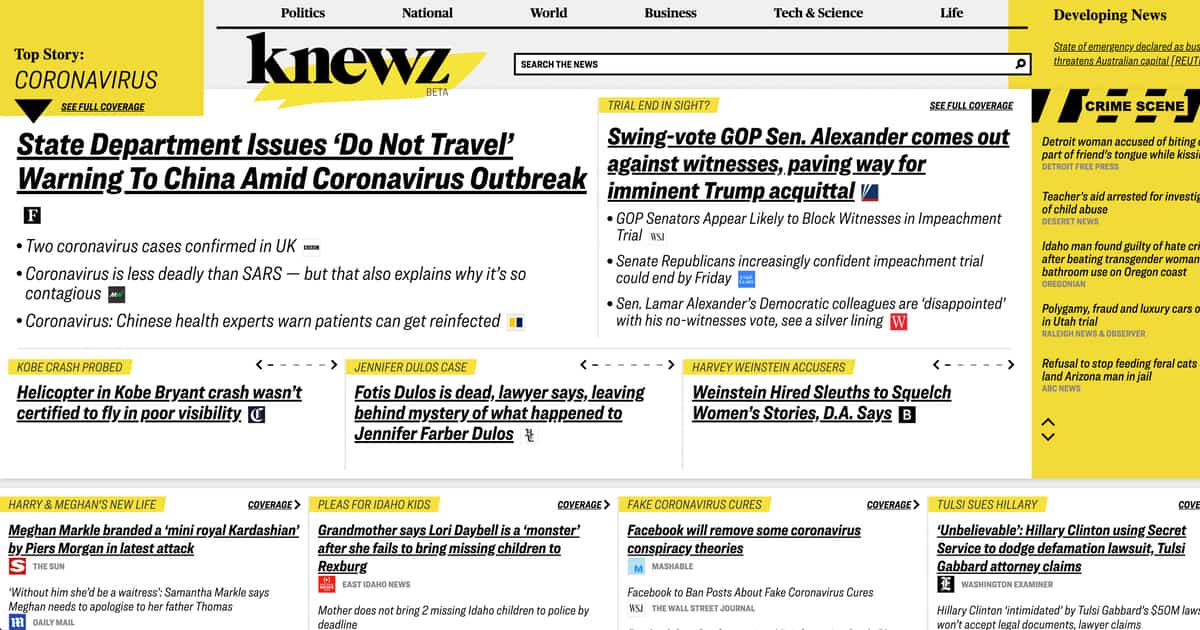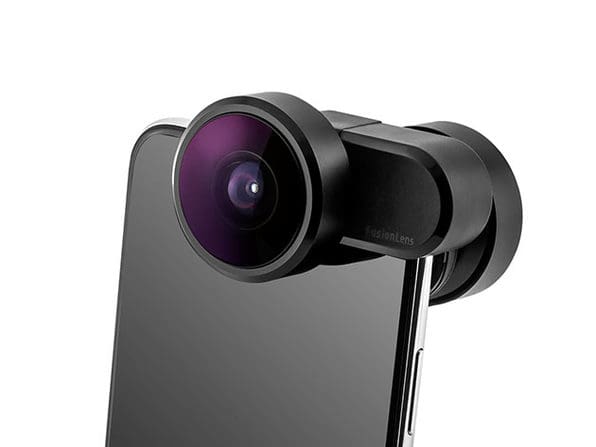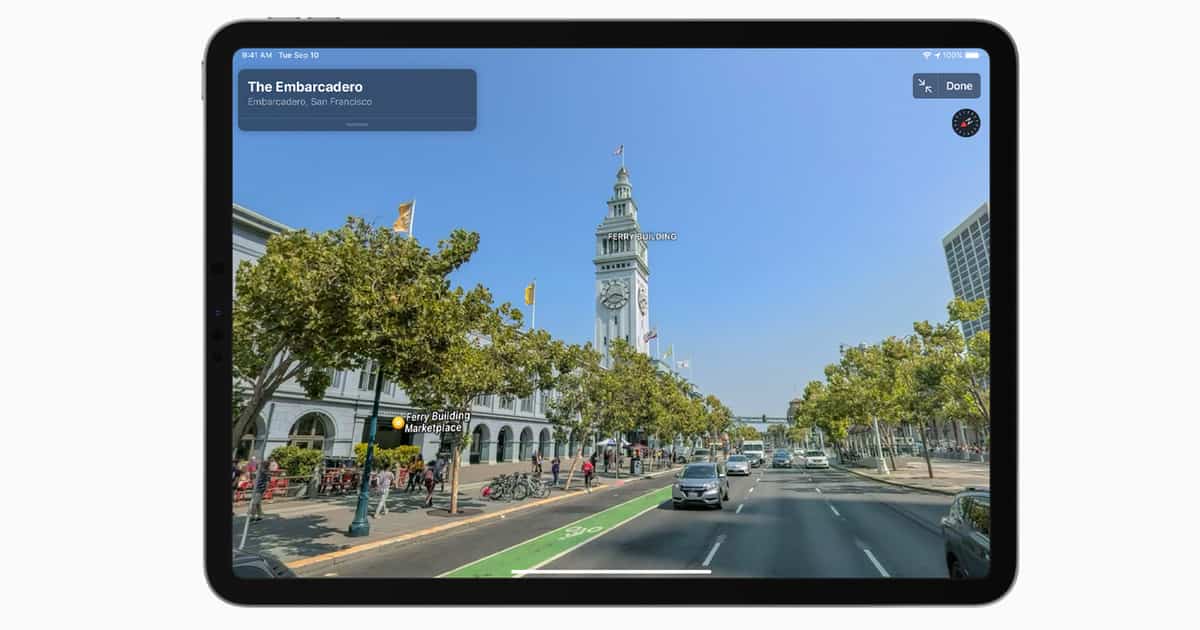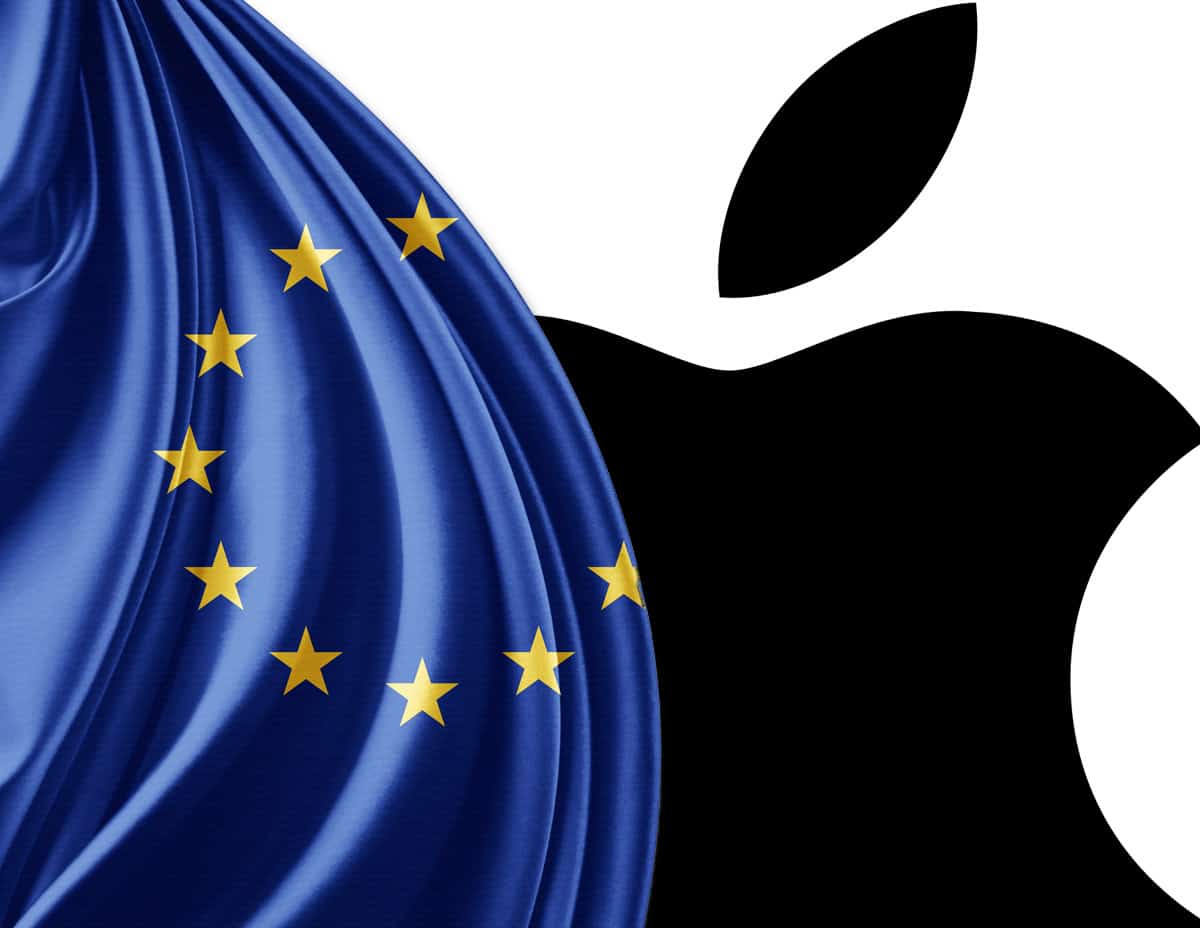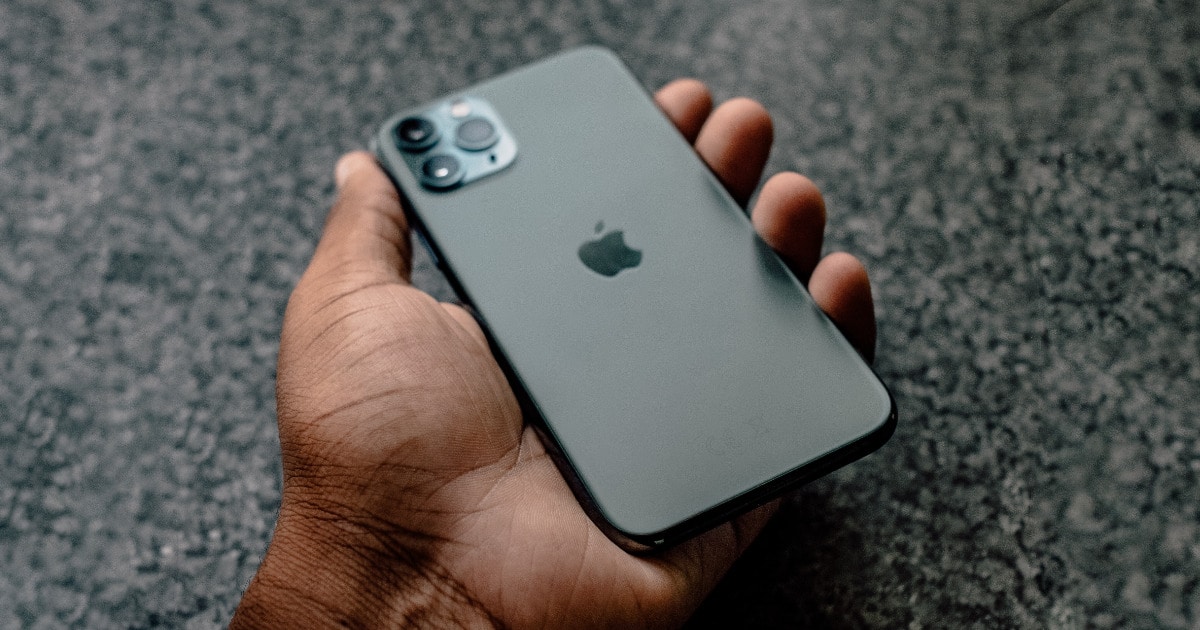Our holiday giveaway has officially come to an end, and we’re so excited to share the results! Congratulations to Antoni N.!
One Eight Hundredth Geek Out! – Mac Geek Gab 800
What to do for the eight hundredth episode? Share tips, answer your questions, and solve your problems, of course! Today learn about HDMI adapters, iOS backups, mounting network shares, Copying from Screenshots, and a cool edit to the iOS Share Sheet. What more can you ask for? Well, maybe a rant about Neil Young, too! Listen and learn five new things with John F. Braun and Dave Hamilton, that’s what!
CERN Replaces Facebook Workplace With Open Source
CERN is ending its trial of Facebook Workplace and replacing it with open source alternatives, like Mattermost and Discourse.
Facebook Workplace is Facebook’s corporate-focused product for internal real-time communication and related communication needs within organizations. CERN had been making use of Facebook Workplace and in addition to data privacy concerns, they were recently confronted with either paying Facebook or losing administrative rights, no more single sign-on access, and Facebook having access to their internal data. But now they have assembled their own set of software packages to fill the void by abandoning Facebook Workplace.
I hope to see more of this. Facebook is the Fox News of social media. Like The Mac Observer’s editor-in-chief Bryan Chaffin says: “Death by a thousand paper cuts.”
Activ5: Fun Isometric Workouts (Almost) Anywhere
Dr. Mac has been playing (actually, working out) with an Activ5 Portable Fitness Device from Activbody for the past few weeks and so far he’s impressed.
Lindsey Graham’s Draft Bill Punishes Companies Using End-to-End Encryption
Senator Lindsey Graham is drafting a bill [PDF] that could penalize companies using end-to-end encryption.
Although the measure doesn’t directly mention encryption, it would require that companies work with law enforcement to identify, remove, report and preserve evidence related to child exploitation — which critics said would be impossible to do for services such as WhatsApp that are encrypted from end-to-end.
If technology companies don’t certify that they are following the best practices set by the 15-member commission, they would lose the legal immunity they currently enjoy under Section 230 relating to child exploitation and abuse laws. That would open the door to lawsuits for “reckless” violations of those laws, a lower standard than contained in current statutes.
Of all the dumb things this administration has done, attacking encryption is a doozy. It’s not clear how much this would impact Apple, since the company does in fact scan for child abuse images. But iMessage and a few other services are end-to-end encrypted.
Apple TV+ ‘Foundation” is Ireland’s Biggest Production
Foundation, a drama for Apple TV+ based on Isaac Asimov’s book trilogy, is set to become Ireland’s biggest production with over 500 jobs.
Fantastical with Michael Simmons – TMO Daily Observations 2020-01-31
Today Kelly sits down with Michael Simmons, founder of Flexibits who rolled out a new version of Fantastical (and new pricing) this week.
iOS 13 and Swift 5 Programming eBook: $9
We have a deal on the iOS 13 & Swift 5 Programming eBook, which is designed to be the ultimate beginner programming guide. Covering Swift programming basics, object-oriented programming, model view controller, iOS 13 development, and other frameworks, this book will have you build multiple apps on your own and publish it to the Apple App Store. It’s $9 through our deal.
11 New Apple TV Screensavers Feature Jellyfish, Whales, and More
Apple added 11 new Apple TV screensavers and they all feature underwater scenes, like jellyfish, dolphins, whales, and more.
WebKit Team Proposes a Way to Secure SMS Two-Factor Authentication
Apple’s WebKit team has a proposal to standardize and secure SMS two-factor authentication codes with URLs.
Apple Chipmaker Says Supply Not Affected By Coronavirus
The coronavirus outbreak in China has posed a number of manufacturing problems, not least for Apple. It was an issue of concern at the firm’s otherwise successful earnings call this week. However, one of its chipmakers, TMSC, insists it is business as usual, according to DigiTimes.
TSMC, UMC say production in China remains normal: Taiwan Semiconductor Manufacturing Company (TSMC) and United Microelectronics (UMC) have both said that production at their fabs in China stays on track and has not been affected by the coronavirus outbreak… coronavirus outbreak likely to complicate global panel supply: The lockdown of Wuhan due to the coronavirus outbreak could impact global panel shipments as the Chinese city is one of the major production bases for a number of China-based panel makers.
Amazon’s 2019 Transparency Report Shows Slight Decline in Government Requests
Amazon’s 2019 transparency report says it received 1,841 subpoenas, 440 search warrants, and 114 other court orders in the second half of 2019.
We previously reported on how Amazon’s transparency reports have purposefully become more vague over the years rather than clearer — bucking the industry trend. At just three pages, the company spends most of it explaining how it responds to each kind of legal demand rather than expanding on the numbers themselves.
Two other notable findings: Apple was the only other company to report a decline in government requests. And Amazon’s Ring surveillance product hasn’t released a transparency report.
Reasons to Make Disney+ Your Favorite Streaming Service
As more and more streaming services come out, we are all picking our favorite. For Christine Chan at iMore, it’s Disney+, for the combination of nostalgia and original content.
Ever since Disney+ came out, I’ve been watching my favorite childhood classics, like The Little Mermaid (though I bought the 30th anniversary Blu-ray last year), and catching up on everything else that I hadn’t seen as I was growing up, like Bambi, Lady and the Tramp, and Sleeping Beauty (yes, yes, I know, shame on me). With Disney+, I’m able to relive my happy childhood memories with those animated classics, and sometimes, that’s all you need when the rest of the world can be a bit depressing.
Apple's Super Bowl Commercials
Super Bowl Sunday is here, and the adverts are a big part of the occasion – Apple hasn’t always contributed, but its memorable when it does.
There's no New Content on Apple TV+. Again.
I’ve generally been supportive of Apple TV+. I’ve even got on board with the weekly rollout of big shows, instead of having everything there for binge-watching. That strategy comes with one caveat though – new content needs to appear (almost) every week. However, as Cult of Mac noted, for the second week in a row there is nothing new today.
By comparison, this week Netflix debuted seven new series including Next In Fashion, Ragnarok, BoJack Horseman season six, and more. Disney+, meanwhile, got new episodes of Diary of a Future President, Marvel Hero Project, exclusive short Lamp Life, and the 2019 Lion King remake. As I’ve written before, I’m a big fan of Apple TV+ as far as quality goes. The service hasn’t had a miss yet — and it’s had quite a few hits. To me, Little America, Servant, and The Morning Show are all standouts. But even shows I wasn’t immediately won over by, such as See, are solid entertainment.
Rupert Murdoch Now Has a Challenger to Apple News
News Corp, the firm led by Rupert Murdoch, launched in beta its equivalent of Apple News this week. Knewz promises to provide content “from the widest variety of sources, free of filter bubbles and narrow-minded nonsense,” Variety reported.
The company’s new Knewz.com site — a text-heavy agglomeration that has already drawn critiques of its cluttered design — officially launched Thursday as a “beta” test. The site, patterned after other aggregators like Google News, Apple News and Drudge Report, compiles headlines and links for publications across a broad range of political leanings, from Fox News and Newsmax to Daily Kos and Mother Jones. In announcing the launch of Knewz.com, News Corp said readers will be presented news “from the widest variety of sources, free of filter bubbles and narrow-minded nonsense.” Knewz.com is currently sourcing headlines from more than 400 publishers. News Corp said it expects to expand the roster during beta testing.
This Clip-On Lens Adds Anamorphic, 8mm Wide-Angle, Fisheye to 360° Lens to Your iPhone: $79.99
We have a deal on FusionLens, a clip-on lens that enables an iPhone to capture anamorphic, wide-angle, fisheye and 360° panoramic images. I’m linking to the deal for a FusionLens 2.0 for iPhone 11, but the deal listing also has options for iPhone 11 Pro and iPhone 11 Pro Max, iPhone XR, and iPhone Xs and Xs Max. It’s $79.99 through us.
PETA Wants to Replace Punxsutawney Phil With AI
Animal rights group PETA wants to replace famous groundhog Punxsutawney Phil with an animatronic AI.
The way the group sees it, not only would an AI be better at estimating when the winter will end, but it would also attract an entirely new generation of visitors to the western Pennsylvanian town. “Today’s young people are born into a world of terabytes, and to them, watching a nocturnal rodent being pulled from a fake hole isn’t even worthy of a text message,” Newkirk said. “Ignoring the nation’s fast-changing demographics might well prove the end of Groundhog Day.”
Updated Version of Apple Maps Arrives
Apple unveiled an overhauled version of Apple Maps with a number of new features aimed to improve the navigation app.
TiVo GameSkip Will Let You Watch Pure Commercials for Super Bowl LIV
TiVo’s GameSkip feature lets people record Super Bowl LIV and jump right to the commercial breaks, which are nearly as big as the game itself.
Here’s how GameSkip works: Set your TiVo to record during the game, an hour after it’s over, look for the onscreen SKIP icon. Once the icon appears, you can jump right to the commercial breaks.
Foxconn Works to Maintain Production Following Coronavirus Outbreak
iPhone manufacturer Foxconn insisted that it will be able to maintain production as China battled to contain the coronavirus outbreak.
EU Lawmakers Push For Common Mobile Charger
Members of the European Parliament overwhelmingly backed a resolution calling for a common charger standard in Europe.
Analyst Followup, TV+ Competition – TMO Daily Observations 2020-01-30
Charlotte Henry and join host Kelly Guimont to discuss analyst assessment of Apple’s earnings, and how TV+ holds up against other services.
Amazon Beats Apple to Become World's Most Valuable Brand
Amazon is the world’s most valuable brand, according to one analysis firm. Cult of Mac reported that it beat Apple and Google in the Brand Finance list.
The somewhat unorthodox ranking system looks at the world’s 500 most valuable brands across all sectors and countries. It then assigns a “brand value” based on a royalty rate that companies could get for licensing their name in the open market. Brand Finance compiles its annual list by estimating the royalty rate that would be charged to use a company’s brand. This takes into account current and expected future revenue. It’s a fairly complex methodology that’s explained in more detail here. As the firm explains: “Brand Finance helped craft the internationally recognised standard on Brand Valuation – ISO 10668. It defines a brand as a marketing-related intangible asset including, but not limited to, names, terms, signs, symbols, logos, and designs, intended to identify goods, services or entities, creating distinctive images and associations in the minds of stakeholders, thereby generating economic benefits.”
Apple Card iPhone Financing is Available, But You’ll Still Need a Carrier Account
Apple Card iPhone financing is here for unlocked iPhones but the fine print says you’ll still need an account with one of the major carriers.


